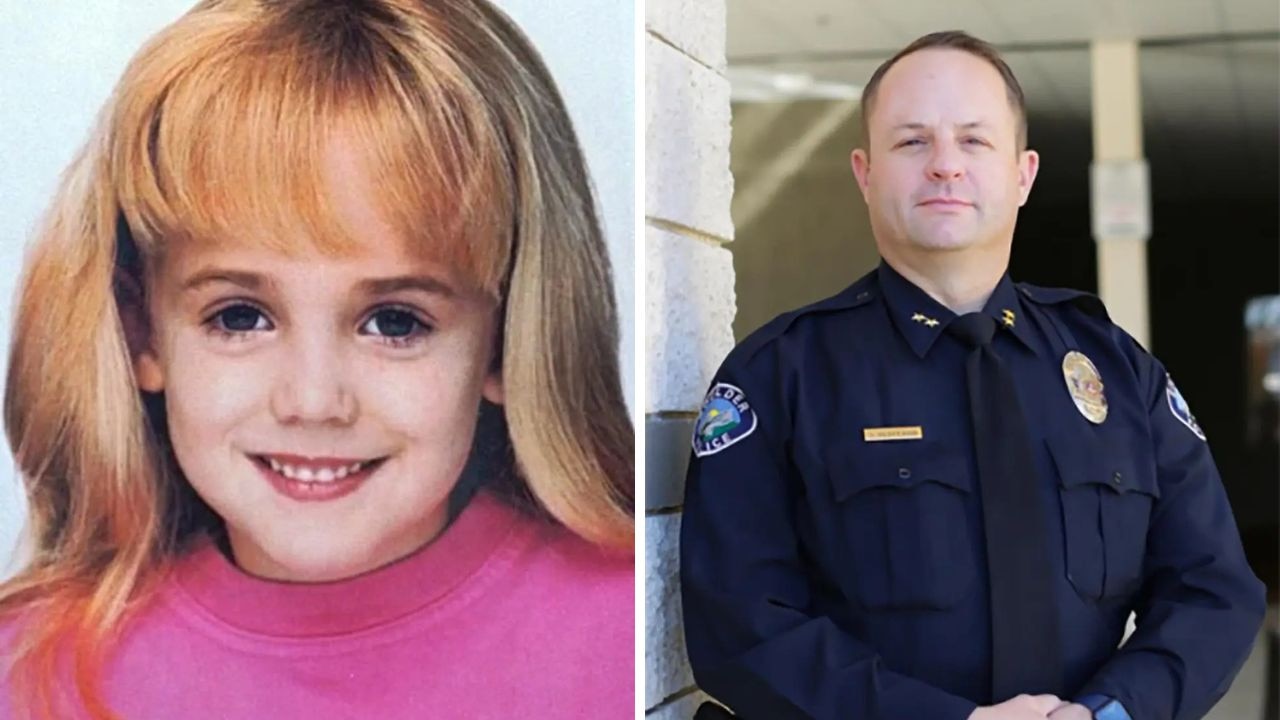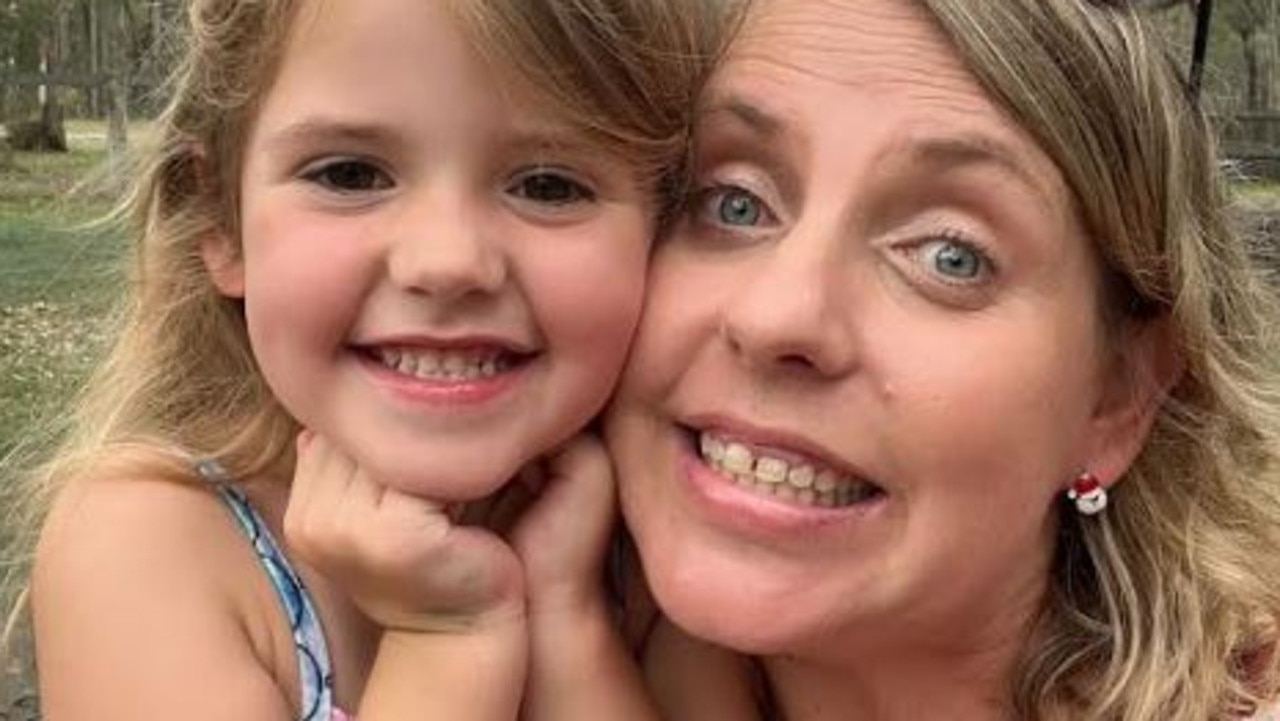When Women Refuse blog reveals how men react to rejection by the opposite sex
REJECTED by women, Elliot Rodger turned his rage into a spree that stunned the world. His legacy is everything he would’ve hated.

ELLIOT Rodger was a 22-year-old virgin when he posted a deeply disturbing video promising to “exact retribution” against sorority girls for rejecting him.
He was upset, he said, because girls continued to reject him despite his belief that he was “the supreme gentleman”.
“I’ve never even kissed a girl ... It has been very torturous,” he whined in the seven-minute video posted to YouTube in May 2014.
Instead of blaming himself for his romantic struggles, Rodger blamed the girls — and not just those who had turned him down, but “every spoiled, stuck-up, blond sl**” who “would have rejected me and looked down upon me as an inferior man”.
The next day he went on a murderous rampage, stabbing and killing three men before driving to a sorority house at the University of California and shooting three female students. He drove to a deli and killed another male student before finally turning the gun on himself.
His story is at the absolute extreme end of the scale of scorned men taking rejection badly. But its by no means the only story of its kind.
Almost 18 months on from his killing spree, Rodger’s legacy is everything he would have hated.
The blog When Women Refuse sprang up in reaction to his crime, as a place for women to share countless stories of what happened to them when they rejected the sexual advances of men. It makes for disturbing — and revealing — reading.
In it, one woman details how she was groped, harassed and eventually locked in a walk-in freezer by a male colleague who would not take no for an answer.
Another woman tells how a complete stranger, more than 20 years her senior, told her she needed a “good f***ing” and followed her in a truck when she declared she was underage.

‘HE WOULD ASK ME QUESTIONS AND WRITE DOWN MY ANSWERS’
The blog was started three days after Rodger’s Isla Vista massacre. It was started by self-described feminist Deanna Zandt because she wanted to put gender-based violence on the map.
“We still don’t view gender based violence as a large cultural issue — we tend to think of these as isolated incidences,” she told Think Progress.
“We still don’t view it as a larger problem within rape culture.”
Ms Zandt said she was thrilled with the response.
“There’s been a really positive reaction from both men and women. I think it’s been really eye-opening for many people. The most common response has been ‘Oh, my God, I had no idea’.”
The stories can be difficult to read, but because they’re posted anonymously women feel safe sharing them.
“I was 18 and working as a waitress at a chain restaurant,” one woman wrote.
“He was twenty years my senior and working in the kitchen. He took an interest in me, and by that, I mean that when I talked to him, he would ask me questions and write down my answers.
“I lied every time, except about my age, hoping that he’d back off. He would touch me as I walked by and tried to kiss me hello on a few occasions, which I dodged.
“When he explicitly asked me to “hang out” I refused. He told me he’d wait for me in the parking lot after work. I left early that day. The next night, he locked me in a walk-in freezer until I would talk to him.”
Another woman told a story about a difficult breakup. Her ex threatened to kill her in poems and instead of being criticised he was rewarded with praise for his “great writing”.
“We dated briefly our junior year,” the woman wrote.

“He was demeaning and putting me down, so I broke it off. He tried to get me back, including asking mutual friends (all girls) to plead his case with me. They thought he was sweet and that I should forgive him. I refused.
“Senior year, his new girlfriend confided that if someone mentioned me around him, he’d shake all over and go into a rage. When he found out we were going to the same college, he threatened to kill me. He published hateful poems about me in the school magazine, and everyone said what great writer he was.”
On the blog, some women shared pictures of their faces after being attacked by men. Other women told how they were abused mentally, not physically.
“When I was roughly about 14 or 15 I had a very close male friend who had a girlfriend,” one woman wrote.
“This boy had a crush on me but I ignored it due to the fact he was dating someone else. We were left alone in my basement one evening and he kissed me against my will after I said I didn’t want a romantic relationship with him. He promptly left and I hadn’t from him for a long time.
“Months later he messaged me to say that he had tried to kill himself because I rejected him and that I was a disgusting excuse for a human, among other horrible and hurtful things. He never let me forget it. He told everyone else that I came onto him and he rejected me instead. His girlfriend stayed by him and her and her friends harassed me to no end.”
Ms Zandt said the problem would continue to exist, but progress was being made.
“The fact that this conversation is happening now is a huge indicator of the structural connectivity work that online feminists have been doing for years. We’re in a different place than we were five years ago … We’re creating a space for these discussions.”
And Elliot Rodgers would’ve hated that.
Have you got a story about what happened when you broke up with a partner? Tweet to @ro_smith or email rohan.smith1@news.com.au




